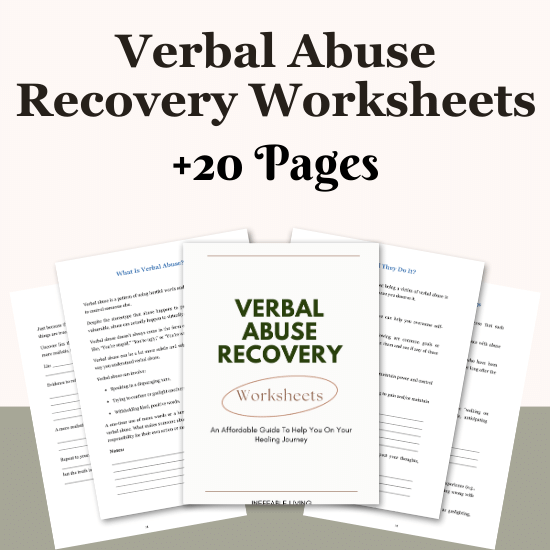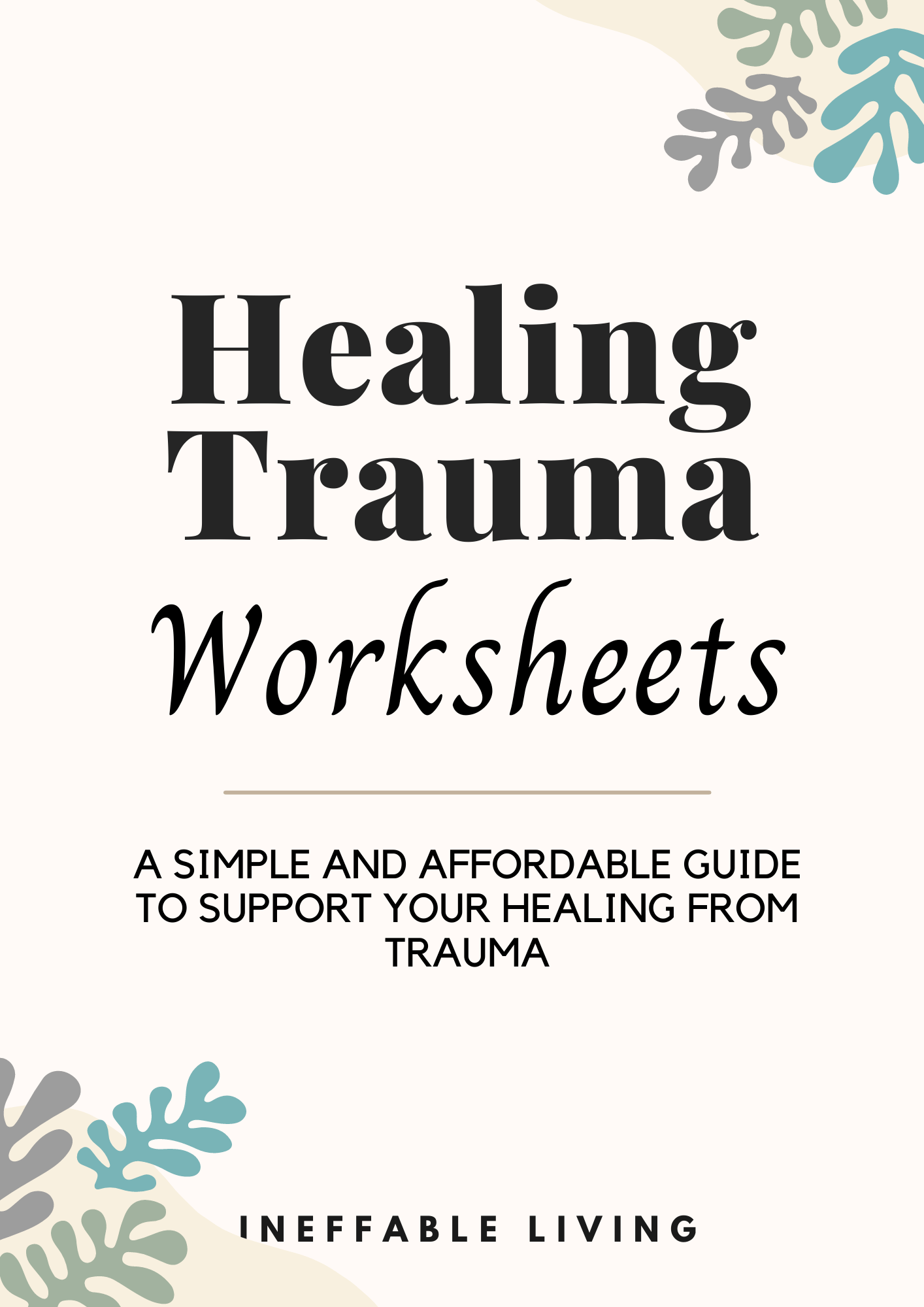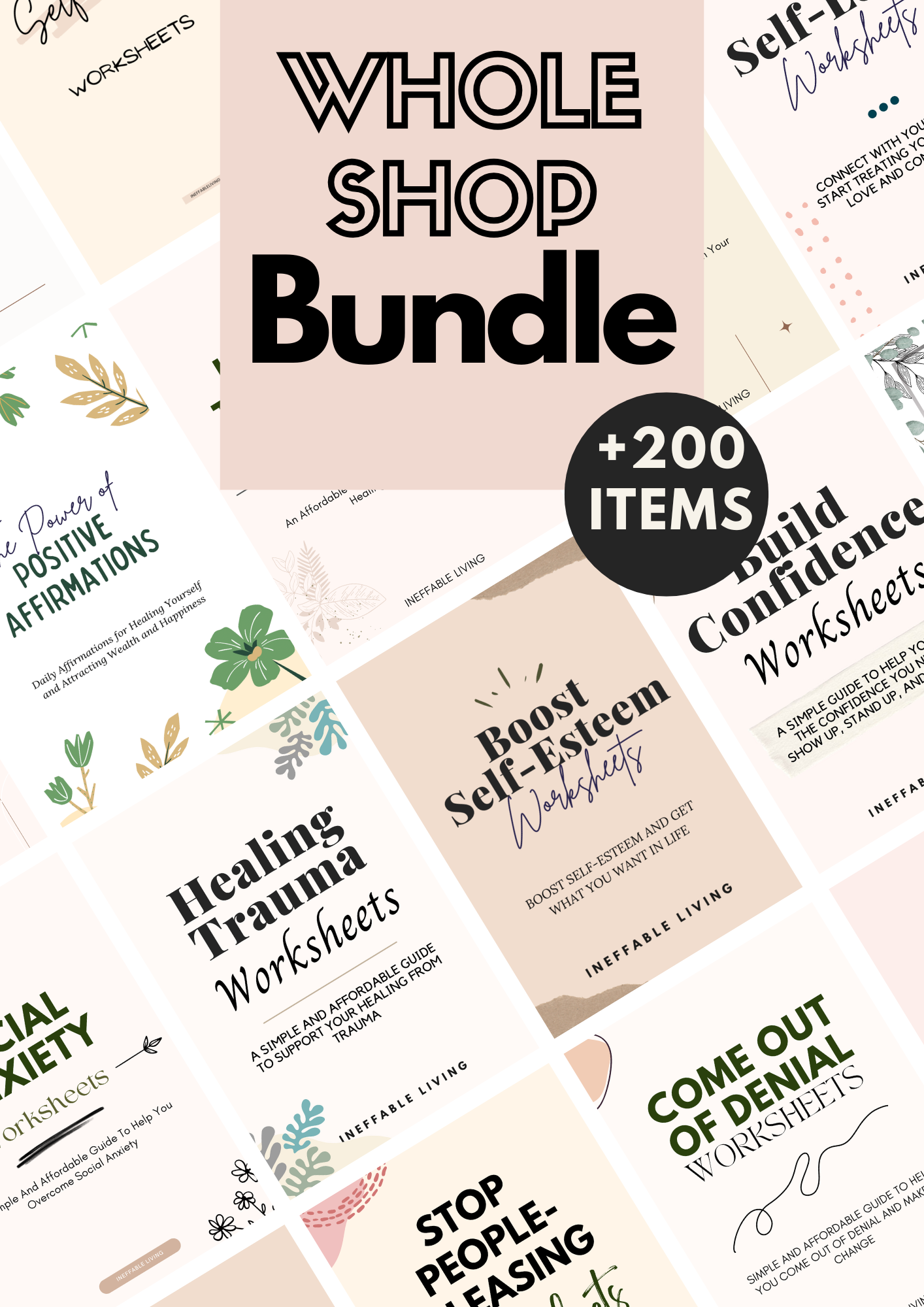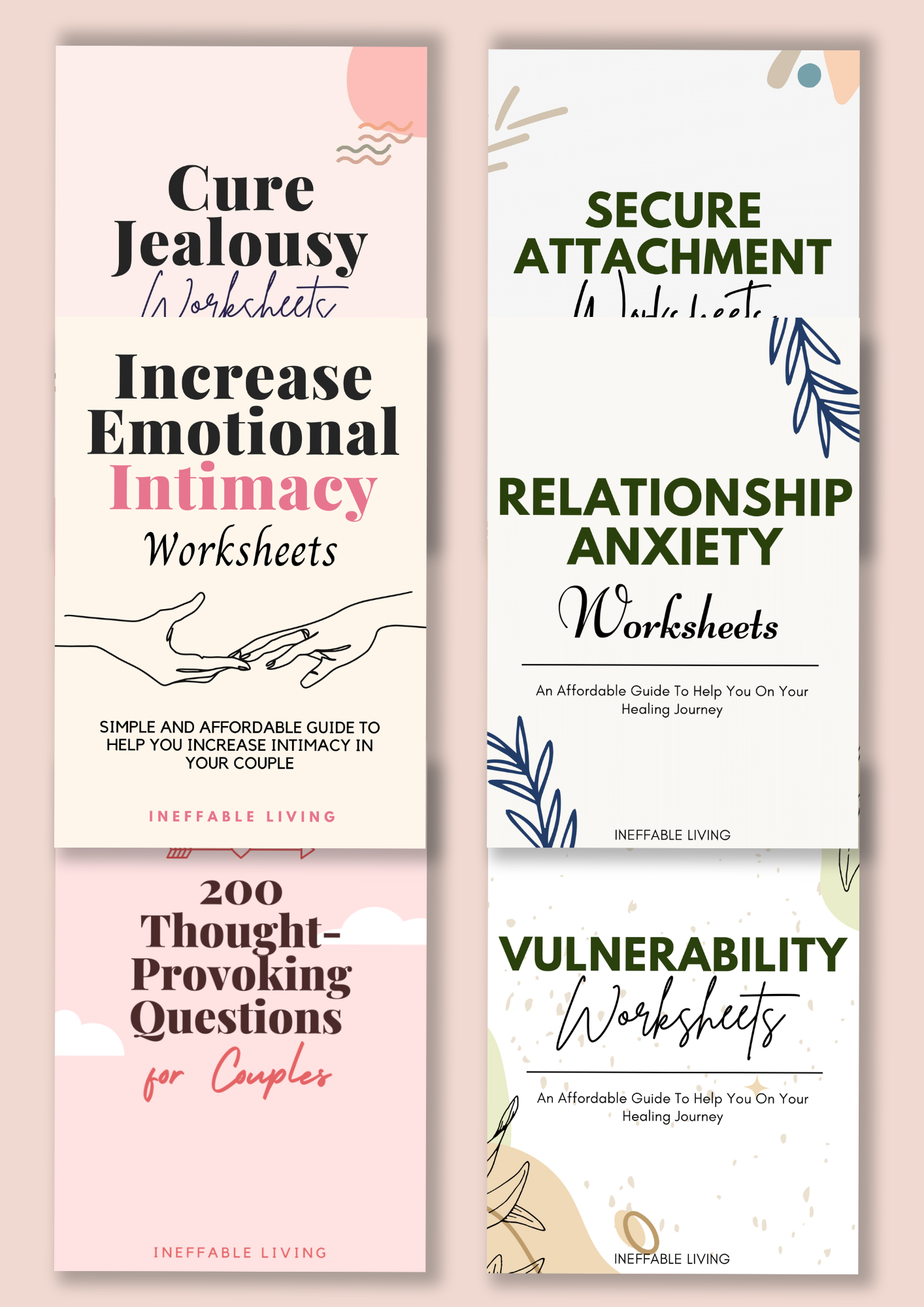1. Reflect on your experiences: How has verbal abuse impacted your sense of self-worth and confidence?
2. Identify specific instances or patterns of verbal abuse that have affected you deeply.
3. Explore the emotional and psychological toll of verbal abuse on your mental well-being.
4. Consider the ways in which verbal abuse has influenced your relationships and communication with others.
5. Reflect on any coping mechanisms you have used to manage the effects of verbal abuse.
6. Describe your support system: Who are the people or resources that provide comfort and understanding as you navigate recovery from verbal abuse?
7. Consider your own beliefs and attitudes about self-compassion and self-forgiveness in the context of verbal abuse recovery.
8. Identify any triggers or lingering emotional wounds stemming from past verbal abuse experiences.
9. Explore the idea of setting boundaries in relationships and communication as a means of protecting yourself from further verbal abuse.
10. Envision your ideal state of emotional well-being and self-assurance. What steps can you take to work towards this vision as part of your recovery journey from verbal abuse?
Verbal Abuse Recovery Worksheets





